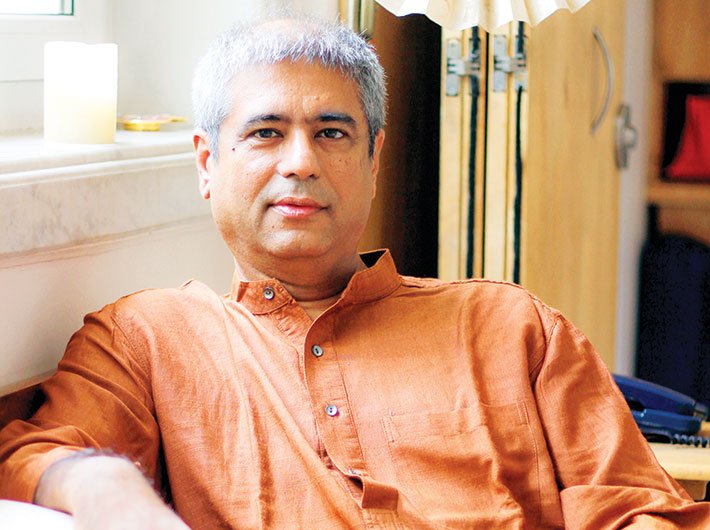"I think it will require a complete maverick like Kanhaiya Kumar or similar to really break the mould and come up with a system of governance that is fair and free from personal interest"
Playwright, writer and director Mahesh Dattani has penned several plays such as Final Solutions, Dance Like a Man, Bravely Fought the Queen, On a Muggy Night in Mumbai, Tara, and Thirty Days in September. He is the first playwright in English to receive the Sahitya Akademi award. After his first play, Where There’s a Will, Dattani, then a copywriter in an advertising firm, began to concentrate on writing for theatre. Actor and director Alyque Padamsee first spotted and endorsed Dattani’s writing talent and is among the eminent directors to have directed Dattani’s plays. He has also written and directed the movie Morning Raga.
How do you develop the ideas and concepts behind your plays?
Each play has a different source of inspiration. Sometimes a conversation I overheard, a medical journal I read, real life stories, etc. As a writer, one has many ideas but the one that develops into a play is usually the one that stays in your mind the longest. It isn’t possible [to describe] in words how the mind discriminates between one idea and the next.
What problems did you face in the field initially?
Writing for the theatre is a special craft. Although there are many theatre directors, there are very few playwrights. It is easy for directors to choose a play that has been tested as a classic. It saves them the bother of gauging the artistic merit of a new work. In fact, only a few directors have the ability to understand scripts. For me, only when a director like Alyque Padamsee endorsed me as a talented writer, did I get people to respect my writing.
What are you busy with at present?
I am currently working on two new plays as a writer and one as a director. I am off to New York [at the time of this interview] to direct The Masrayana, a play set in India written by an American playwright William Kovacsik.
How does the social and political scenario impact your work?
It has a close connection with my work. The political climate and the challenges faced by people living in a society that believes in artistic censorship renew my interest in writing about it.
What according to you are the challenges before India?
The greatest challenge is social inequity. Whether it is caste, religion, gender, wealth or sexuality, we are a society that allows divisions rather than integration. This is a unique fabric of our nation. One that makes us vulnerable to conflicts.
When did you last cast your vote?
In the 2014 general elections.
Plays that you found most inspiring and impactful:
Shantata! Court Chalu Ahe by Vijay Tendulkar and A Streetcar Named Desire by American playwright Tennessee Williams.
How was your last journey in Indian Railways?
Very pleasant! One that really made me marvel at the changes in the rail services. This was an overnight journey from Mumbai to Aurangabad with my sister Padma to visit the Ajanta and Ellora caves and monoliths.
Who do you think can lead the country among young politicians?
Unfortunately, the ones who are already in politics lack individuality. They are all under the shadow of their politician parents and grandparents. I think it will require a complete maverick like Kanhaiya Kumar or similar to really break the mould and come up with a system of governance that is fair and free from personal interest.
Where do you see India 10 years from now?
I am positive it will lead the world economy. I am hoping that the newly acquired wealth will see greater economic parity and not create a further chasm between the rich and the poor.
(The interview appeared in the September 1-15, 2016 issue)

